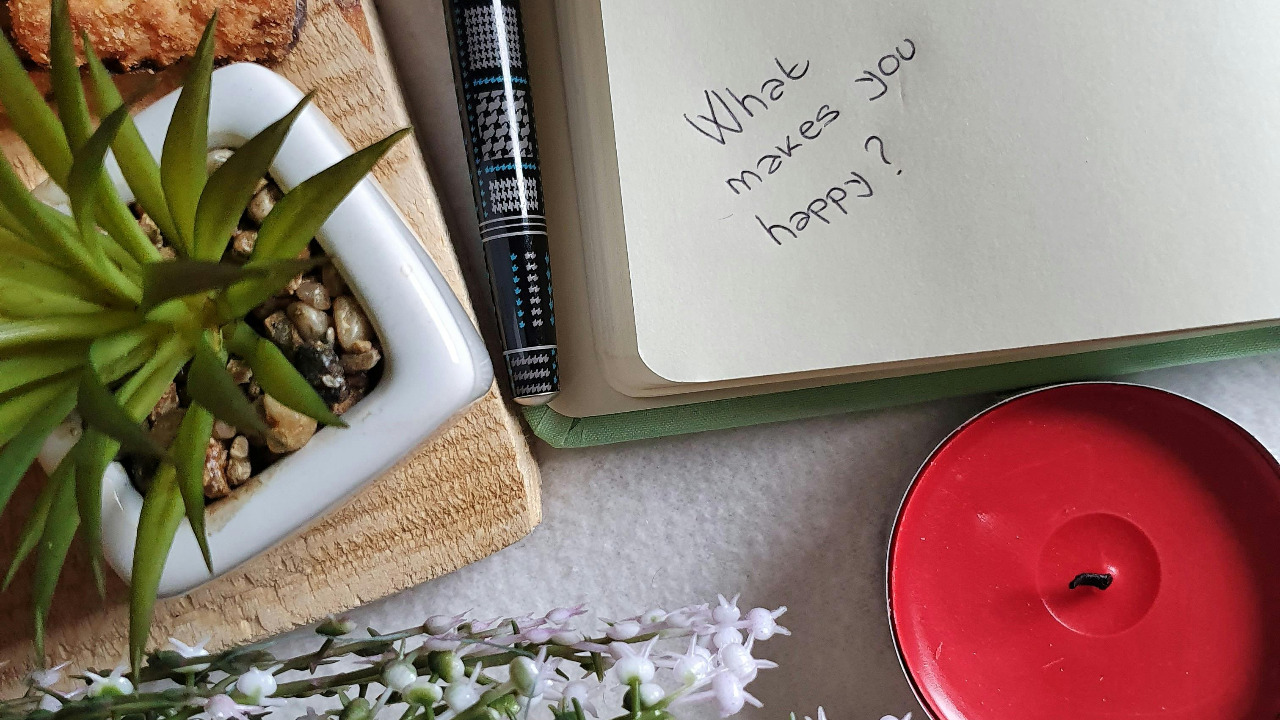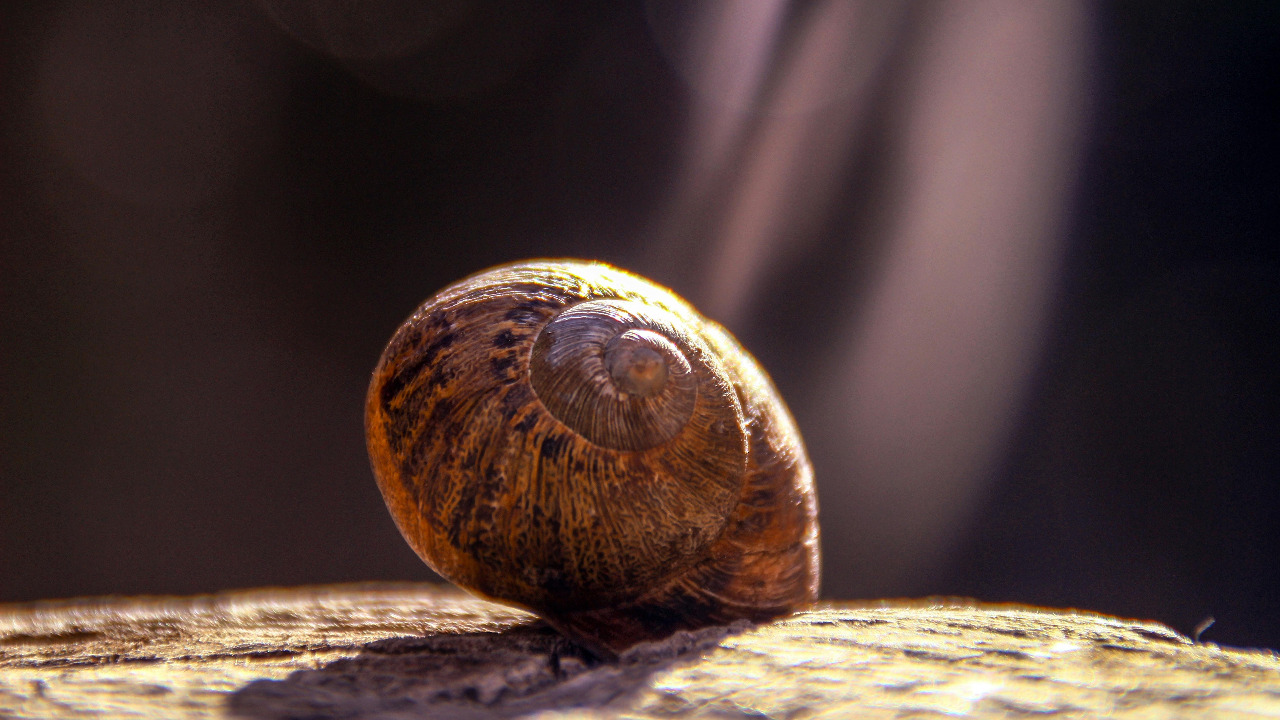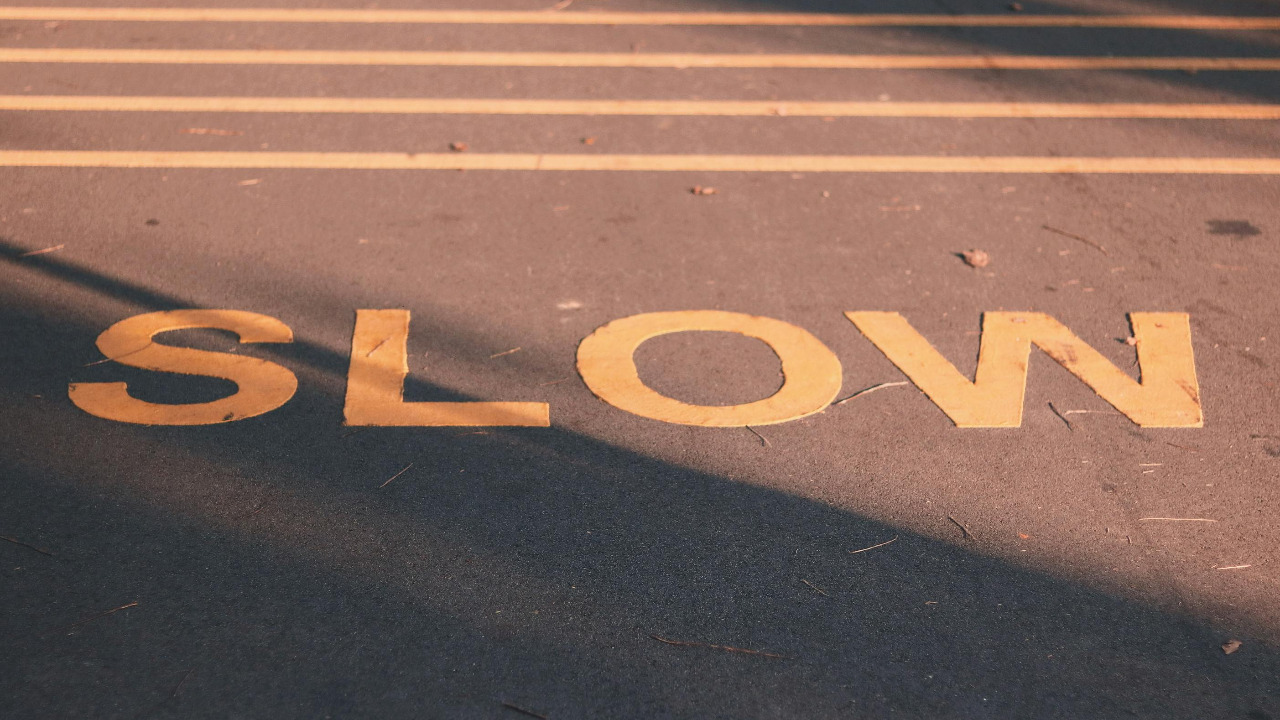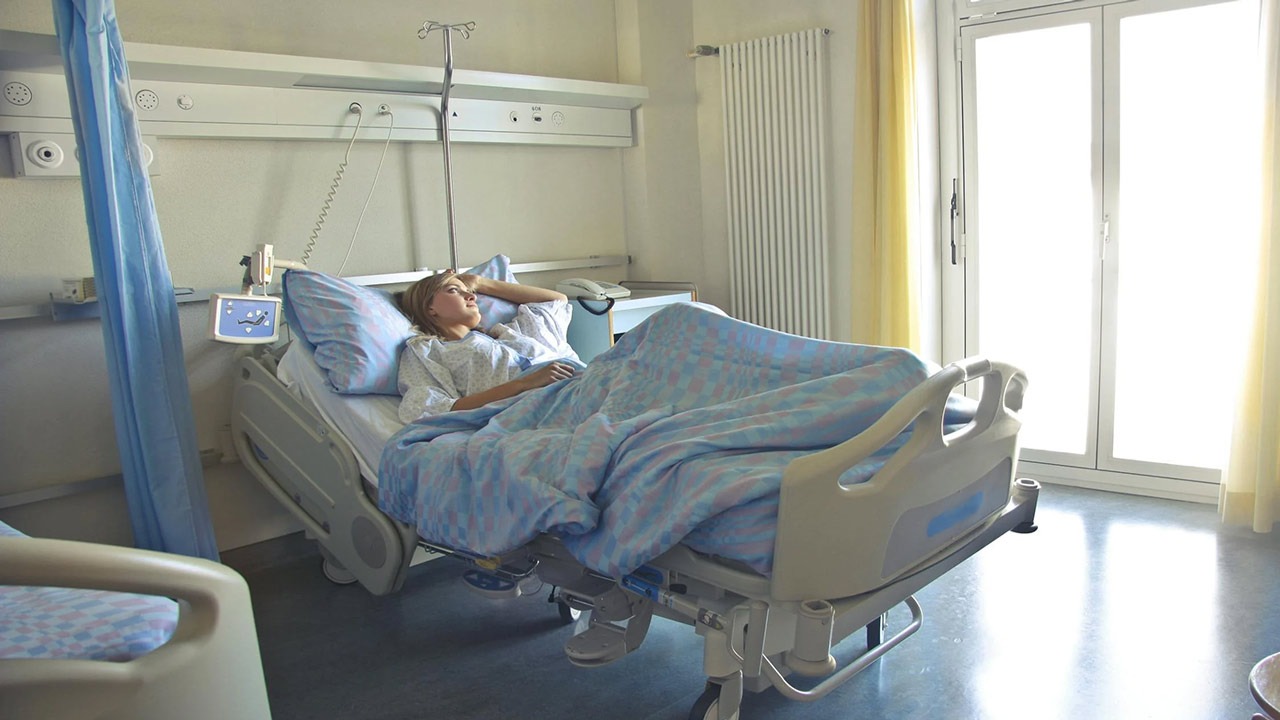If the pace of your life has gotten out of hand and you feel burnt out and stressed, you may wonder if there’s any way you can realistically slow down and catch a break. Between your job, family obligations, and all the chores and errands that call for your attention, the idea of doing nothing for a change seems like a pipeline dream. Yet, with slow living, it doesn’t need to be.
Putting your values front and center and making time for what is important to you is doable regardless of your lifestyle. You just need to give it a try.
What Is Slow Living?

As the name suggests, slow living is an approach to life that is divorced from the quick pace of modern life, the trappings of FOMO, and endless diversions.
Instead, it’s a mindset that places your values first to create a way of life where you can do everything better at a speed that fits you.
For example, if you’re an overachiever like me, slow living may mean not spending the better part of the morning cooped up inside, working, while you’re aching to go for a walk.
It means putting on your comfy shoes and enjoying the nice weather and the inner contentment an outing gives you. Work can wait for half an hour, and you’ll be more motivated to do it after giving yourself a small indulgence.
Slowing down, doing less, and prioritizing things that resonate with you and bring you joy will take you off autopilot and make you more self-aware: a recipe for removing stress and enjoying your life.
Benefits of Slow Living

When we cut out activities that distract and don’t fulfill us, we can manage stress better and improve our quality of life.
Slowing down helps us deal with stress by giving us more time and enabling mindfulness. It also gifts us a better work-life balance by moving the spotlight from mindless achievement to meaningful work that’s fulfilling.
Accepting that we can only do so much in a day is liberating and a great way to reduce stress and anxiety. Freeing yourself from stress is the biggest benefit of slow living, but it’s not the only one.
Destressing lets you be more present in your life and celebrate every moment. What’s more, when you stay away from things that don’t fulfill you, you have more time for self-care.
When we care for ourselves, our relationships also benefit. A relaxed you will be a pleasure to be around for loved ones and friends, improving your relationships and quality time with them.
Likewise, when you live according to your values, reduce stress, and enjoy a better balance between wants and needs, your life gathers purpose, and you can enjoy those things that matter.
Whether it translates to spending more time with your pet, enjoying your cozy game, or finally working on the novel you’ve been putting off for months because you never found the time for it, slow living can help you create a more purpose-led, stress-free life.
Common Slow-Living Misconceptions

The word “slow” has always had a negative connotation because some of its synonyms include “lazy” and “sluggish.” As such, many people may have misconceptions about this wellness concept.
Slow living doesn’t mean you will forever forgo being productive or successful. You’ll still enjoy achievements and victories in your personal and professional life, but your idea of success will be your own, and being productive will concern things that matter to you, not others.
Slow living won’t happen overnight, either. It involves shifting your entire mindset from fulfilling the demands and needs of others to focusing on what matters most to you. Moreover, your priorities will shift — and that’s okay.
Thirdly, slow living doesn’t only work for those who already have a simple life. Whether you’re a busy full-time employee or self-employed and living on a rural property, you can still embrace this mindset and focus on those things that matter most to you.
Finally, slow living isn’t about cutting the chord. While you can choose to stay away from social media — and you should — you can still use technology to benefit your needs. Nobody expects you to shelve your smartphone; you just need to give yourself a break to live in real life.
In closing, here’s a quote that inspired me to give slow living a try and live better, not faster:
“Slow living is all about creating time and space and energy for the things that matter most to us in life, so ask yourself what you stand to gain.”




